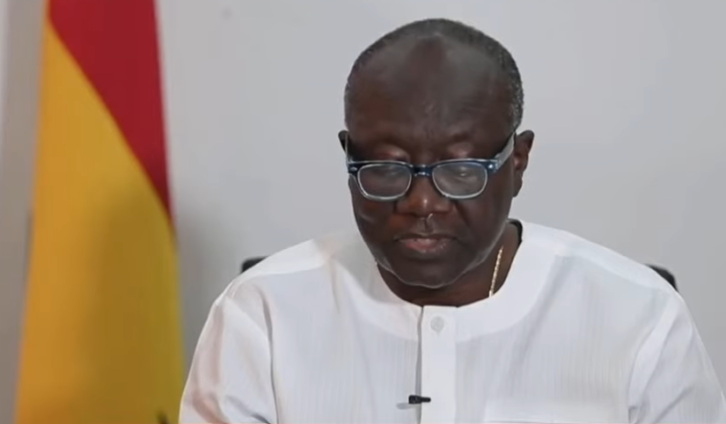The Finance Minister, Ken Ofori-Atta, has emphasised that Ghana’s International Monetary Fund is to ensure social protection.
According to him, the programme will mitigate the impact of economic adjustment on the most vulnerable, whilst strengthening existing social intervention programmes such as Lively Empowerment Against Poverty (LEAP), National Health Insurance Scheme, Capitation Grant School Feeding Programme, amongst others.
The International Monetary Fund (IMF) said in a statement after approving the $3 billion bailout package that Ghana has made progress on poverty reduction over the last three decades, although regional inequalities have deepened.
Gross Domestic Product (GDP) per capita increased from $400 to $2,300 during 1990-2020. The share of the population living below the poverty line fell from 52.7% in 1991 to 23% in 2016.
However, large regional disparities increased, with the Southern wealthiest regions seeing continuous poverty reduction, while poverty stagnated or increased in the North.
Ghana’s social spending could be more efficient and targeted to the most vulnerable.
It therefore said the targeted social protection programmes are small with annual spending at less than 0.5% of GDP.
The flagship targeted cash transfer program, the LEAP, it said has proven to be efficient in reducing poverty. However, it only covers 50% of the extreme poor, has seen an erosion of the real value of the benefits it provides and has been disbursed with considerable delays.
For education, it said Ghana spends close to 4% of GDP on education with good results in terms of enrollment but poor learning outcomes.
It pointed out that the flagship programme Free Senior High School (SHS), which covers the full cost of secondary education, has helped increase enrollment but is poorly targeted.
Key identified areas of potential improvement of education spending include strengthening primary education resources, better teacher training, and stronger performance-based funding practices.
On health, the Fund said public health expenditures amount to 3.5% of GDP.
“While Ghana performs relatively well in terms health outcomes, disparities in access remains a key issue. The National Health Insurance Scheme (NHIS) is meant to be universal but only covers half of the population. Identified reform priorities include increasing the NHIS coverage, securing its long-term funding and expanding its basic care package.”
Latest Stories
-
Rainstorm caused power outages in Greater Accra Region – ECG
36 seconds -
KODA’s family requests for privacy ‘to mourn and heal’
5 mins -
Kofi Adu Domfeh writes: When roads are constructed to kill
51 mins -
CAF Confederation Cup semi-final: We have the advantage – John Antwi
1 hour -
I hope that we’ll find a miracle – Céline Dion details Stiff Person Syndrome diagnosis
1 hour -
Government’s silence on energy crisis demonstrates a lack of leadership – Agyemang-Duah
2 hours -
Philipa Baafi bounces back with ‘Eda Ho Pefee’
2 hours -
Amazon Web Services and AmaliTech collaborate to train more than 5,000 people in cloud computing in Ghana
2 hours -
Inflation to decline to 24.6% in April 2024 – Report
2 hours -
Dancehall Queen Aklerh thrills patrons at EP listening
2 hours -
Bond market: Total turnover upturned to GH¢1.14bn
2 hours -
Stanbic offers financial solutions to members of Ghana Medical Association
2 hours -
“Dmusor” has brought businesses to their knees – GNCCI expresses frustration at ongoing crisis
2 hours -
Ghana’s electricity access likely to increase as World Bank begins initiative
2 hours -
We need a comprehensive data on the culture and creative sector– GCF to Egyapa Mercer
3 hours

